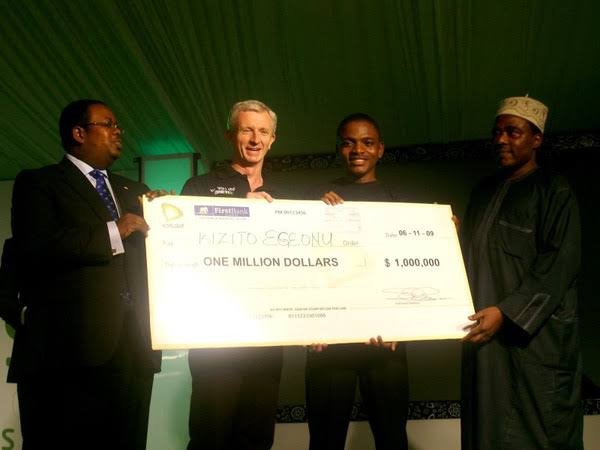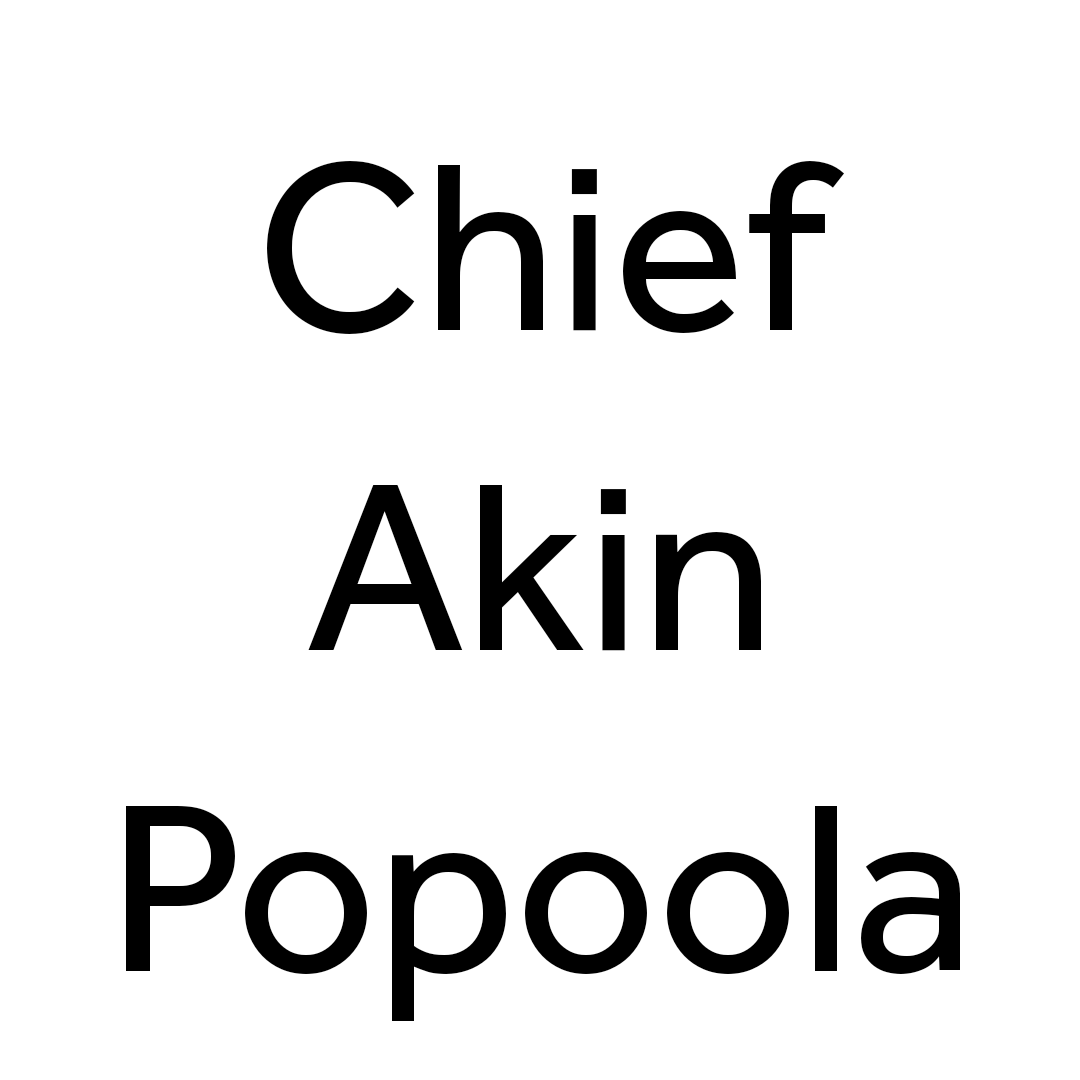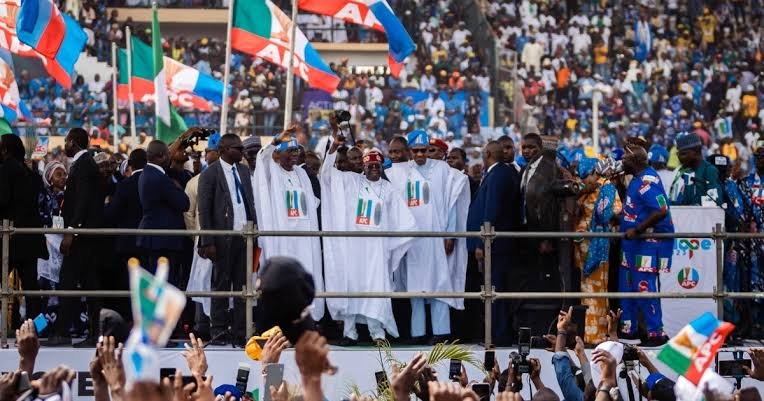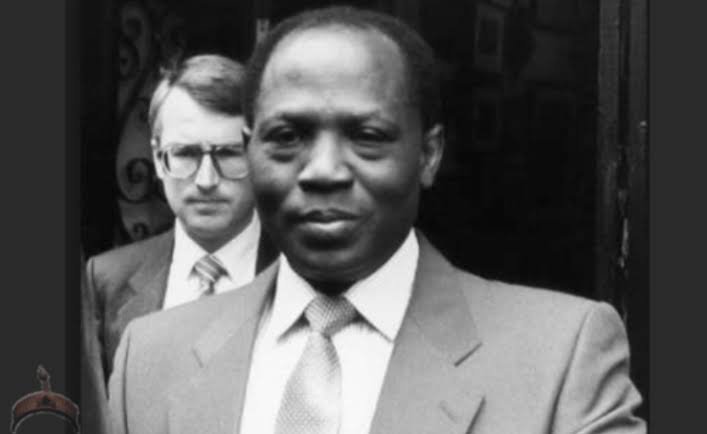Photo credit: Multidox
Kizito Egeonu must have graduated from the University of Jos. He was a 400 level medical student in 2009. That year must have been a happy one for him, too.
That was when he won the unbelievable sum of a million dollars in a promo. I didn’t say a million naira. He won a million dollars!
Etisalat was about a year old in Nigeria then. The telecommunications company organised a country wide promo.
The promo was organised in a way that that the final winner would have won at the regional level before qualifying for the final.
At the end of the promo, the company had spent a sum of #300 million out which 258 people benefitted in cash. It made fifty six people millionaires.
When Kizito finally won the million dollars, he raced away from the stage. It took the efforts of the security men to pin him down and bring him back to his senses.
Etisalat has been making millionaires out of ordinary people. People who might not even have had ten thousand naira in their accounts have enjoyed a miraculous turn around.
It is therefore a pity that the company is now facing a very difficult time.
Etisalat Nigeria was owned by Etisalat Telecommunications Corporation which has its headquarter in Abu Dabhi, UAE. It operates in various countries including Pakistan, Egypt, Afghanistan, Mali, Burkina Faso, Togo, and Central African Republic.
The Etisalat problem is a function of the Nigerian problem. In 2013, a consortium of thirteen banks lent Etisalat a sum of $1.2 billion. The banks included Access Bank, GTB and Zenith Bank.
The loan was to help refinance its existing loans and also its working capital.
However, in 2014, the global economy experienced a gradual decline in the price of crude oil. This was problematic for emerging economies.
The oil problem led to a decline in government revenues. This in turn led to a great devaluation of the naira. The Central Bank had to impose capital controls which naturally affected multinationals. They could hardly meet up with their external financial obligations.
The recession forced down the purchasing power of people and as a result most people were not able to spend on luxuries as they used to. This in turn affected the businesses providing those products.
Consequently, by 2016, Etisalat had started defaulting in its loan obligations. This led to some bailouts from the parent company.
By early 2017, the banks which had lent Etisalat money were threatening to take over the company in other to recover their money.
The Central Bank of Nigeria and the National Communications Commission then stepped in to try and avoid a forced receivership. But the banks asked the parent company in the UAE to pump more bailouts into the business.
The parent company refused. Rather, they insisted on divesting from their Nigerian subsidiary.
Etisalat Nigeria, in turn, offered the banks shares in a kind of trade by barer.However, the banks in an act reminiscent of the famed Osomalo, refuse d.
The banks fixed a deadline of June 23 for Etisalat to find a solution. The alternative was to transfer its trust to be managed by an independent trustee.
Having that in mind, on the 20th of June, Etisalat, Abu Dhabi transferred 70% of its holdings to Emerging Markets Telecommunications Services (EMTS). Mr Hakeem Bello Osagie owns the remaining 30%.
The shares have now been transferred to a trust named United Capital Trust. It will be warehoused until a buyer is found.
I believe the average Etisalat worker will now be living in perpetual fear for his source of livelihood. It is Etisalat today it could be others tomorrow.
071217







